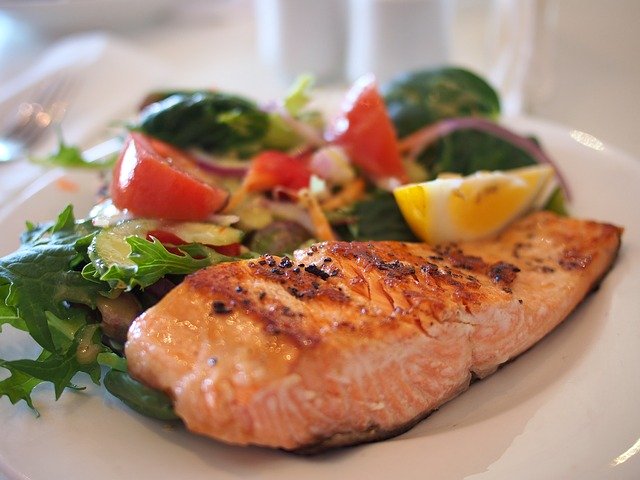
While the world has changed dramatically since the days of The Flintstones and saber-toothed tigers, human-beings dietary requirements have always remained the same. Cavemen didn’t need high carbohydrate diets in order to live active lifestyles, and neither does modern man. The myth that regular exercise requires regular carbs is just that – a myth.
While there is a strong argument that high carbohydrate intake before, during and after workouts go a long way to improving performance levels, there is an even stronger argument that says those benefits are short-lived and actually detrimental to your longer-term health.
There will be some who value having a beach-body ready for the summer above living a long and healthy life, but for those who are looking at spending many summers stealing the show at the seaside, there is healthier option to plying yourself with carbs in order to have enough energy to put in those all-important hours in at the gym.
How to Effectively Burn Fat
The most important process of shedding fat is to get your body to tap into its existing fat and energy stores, something that is a lot tougher to do when you’re constantly refilling those reserves by carb-loading before and during exercises. As well as tapping into these stores of fat, it’s also crucial for future weight-loss to get your metabolism used to expending and burning fat.
The negative effects from filling yourself with carbs can range from increasing your risks of cancer, heart problems and diabetes to a host of other illnesses that will leave the gym way down your to-do list. The higher the sugar and starch intake, the higher the blood triglycerides and the more difficult it is to control your body-fat levels. While the likes of energy bars, sports drinks, pasta, cereal and wholegrain bread release energy almost immediately, the long-term negative impact these fast-release carbs have should make everyone question whether there is a healthier option.
The Answer
We all know that we should eat a diet that is low in carbohydrates. But with countless studies pushing diets that are low-carb, high-protein, or low-carb, high-fat, or low-carb, high-'good'-fats, you could be forgiven for feeling a little confused about exactly what you should be replacing those negative carbohydrates with. In other words, should you be stocking up on proteins or fats?
Fats are your friend
The answer may be surprising. Fats are generally given a bad rap, but they are one of weight loss’ greatest allies. Fat doesn’t make you fat. While you can technically overeat enough fat calories, this is a difficult feat because fat is very filling. Your appetite is satisfied a lot quicker than consuming carbohydrates and proteins.
To understand good and bad fats, it’s important to know the difference between the two, and the long-term health and weight loss benefits of good fats.
- monounsaturated fats (good fats)
- polyunsaturated fats (good fats)
- trans fats (bad fats)
Monounsaturated fats include the likes of olive oil, avocados and nuts, while polyunsaturated fats are found in tofu and fatty fish (salmon, mackerel, sardines, trout, etc). Unsurprisingly, trans fats are found in the likes of pastries, cookies, doughnuts, chips and pretty much anything fried.
The Paleo Diet
More commonly known as the ‘caveman diet’, is widely considered to be the world’s healthiest diet. Based on the basic diet that our ancestors lived on, this diet follows the rule that our genetics have barely changed since Paleolithic humans roamed the earth around two million years ago.

The eating of lean proteins help with strengthen muscles, bones and your immune system. The fruits and vegetables fight off degenerative diseases such as diabetes, while the healthy fats contained in nuts, seeds, avocados and oils reduce the risk of obesity, heart disease and cognitive decline.
Besides, when was the last time you saw a chubby caveman?






Be the first to comment